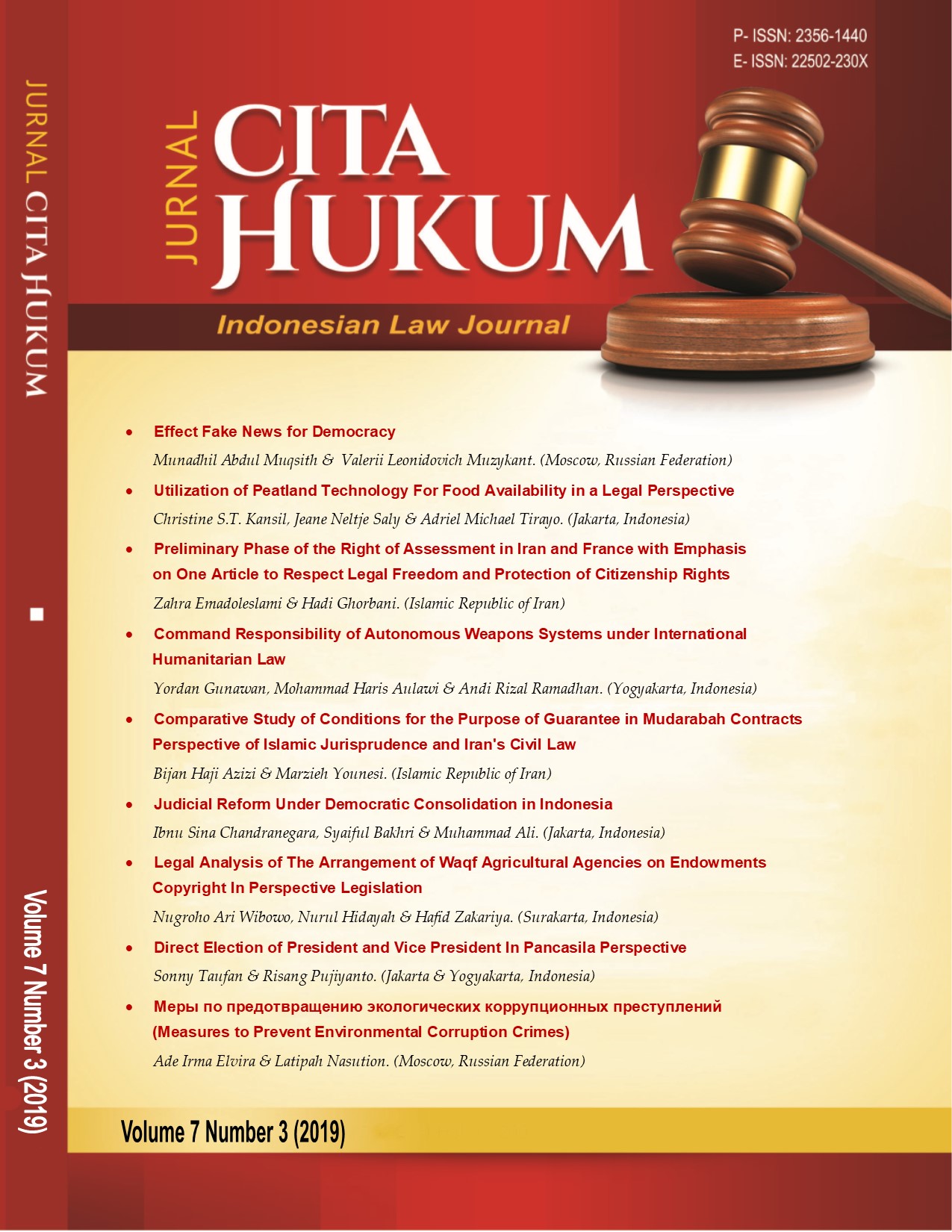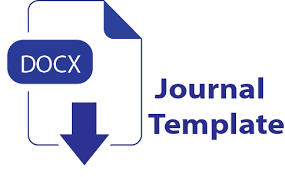Endowment Sukuk (Shares) to Finance Scientific Services in Universities (A Comparative law Study)
DOI:
https://doi.org/10.15408/jch.v11i3.36560Abstract
The endowment was one of the most important means of scientific, intellectual and cultural progress for the Islamic countries throughout the years of our civilization; as it contributed to building the edifices of science and culture, and publishing them through mosques, schools, institutes and libraries. A large group of scholars, innovators, and researchers graduated from these endowment scientific institutions in various branches of human and cultural knowledge. Today, the endowment plays a prominent leading role in the scientific renaissance and knowledge advancement in the Islamic society. Also, many universities in Islamic and non-Islamic countries rely on the endowment to finance their scientific and research activities, and to raise the level of their research, researchers, and graduates. This study aims to clarify the importance of endowment Sukuk to provide cash liquidity for educational services, and to provide the necessary tools for these services, and the possibility of providing scientific competencies specialized in the various fields of teaching and scientific research, to contribute to scientific and social progress. This research study also combines the deductive and inductive approaches, in addition to following the comparative jurisprudential research methodology, by studying, analyzing and deducing in the light of the writings of scholars and researchers.
References
Abd Al-Qadir, Q., & Mohamed, N. (2017). Proposal to establish scientific endowment funds in Algerian universities. Journal of Business and Trade Economics, Faculty of Economic, Commercial and Management Sciences, Mohamed Boudiaf University in M'sila, Algeria.
Accounting and Auditing Organization for Islamic Financial Institutions. (2017). Shari'a Standards. Manama, Bahrain. Retrieved from [Accessed July 6, 2023]. http://www.aaoifi.com
Al-Amrani, A. M. (2009). The Role of Endowment in Supporting Scientific Research. In Community Participation Forum in the Field of Scientific Research. Imam Muhammad bin Saud Islamic University, Riyadh, Saudi Arabia. (1-2/6/1430 AH).
Al-Ani, O. A. M. (2018, August). The Developmental Role of endowment Sukuk. Journal of Legal and Social Sciences, Zayan Achour University in Djelfa, Algeria, (Issue 9).
Al-Haddad, A. A. (2014). From the jurisprudence of the endowment. Department of Islamic Affairs and Charitable Activities, Dubai, UAE.
Al-Hussein, A. (2021). Guidelines for Temporary Money Endowments and their Financial Applications within Economic Projects. Journal of Economics and Finance, 7(1), Faculty of Economic and Commercial Sciences and Management Sciences, Hassiba Ben Bouali University, Chlef, Algeria.
Al-Muaili, A. A. (1420 AH). The Role of Endowment in the Educational Process. Symposium on the Status of the Waqf and its Impact on Da’wah and Development. Makkah Al-Mukarramah, Saudi Arabia.
Al-Sharif, M. S. B. (2016). Investment of the Academic Endowment in Saudi Universities: King Fahd University Fund for Petroleum and Minerals as a Model. Bait Al-Mashura Journal for Financial Consultations, Qatar.
Al-Sharif, M. S. B. (2017). The Experience of the Academic Endowment at King Abdulaziz University in Managing Endowment Investments. Journal of Ijtihad for Legal and Economic Studies,11, Algeria.
Bahousi, M., et al. (2017). The Development Role of endowment Sukuk. In Islamic Endowment and Sustainable Development Conference. Research and Human Resources Development Center. Ramah, Jordan.
Balamushi, A. (2018). Jurisprudential Rulings and Economic Impacts of Endowment Sukuk. Al-Shihab Journal, 4(3), Muharram 1440 AH. Institute of Islamic Sciences, University of El-Oued, Algeria.
Ben Zaid, R., & Bakhaled, A. (2013). The Role of Endowment Sukuk in Financing Sustainable Development. Algerian Institutions Performance Journal, 2, University of Kasdi Merbah Ouargla, Algeria.
Dunya, S. A. (2012). Endowment and University Education: Some Islamic Experiences. The first international symposium on Islamic Finance, Charitable Endowment, and University Education. Faculty of Commerce, Al-Azhar University, Egypt, Cairo.
Eid, A. (2014). Fatwa Decisions of Jurisprudential Assemblies in Economic Transactions. Journal of College of Islamic and Arabic Studies, (6), June, Al-Azhar University, Egypt, Bani Sweif Girls.
Faisal, S. (2011). The Role of the Endowment in Funding Universities and Supporting Scientific Research. In Endowment and Scientific Renaissance Conference. General Secretariat of Awqaf. Sharjah, UAE
Hattab, K. T. (2006). Endowment Sukuk and Their Role in Development. Faculty of Sharia and Islamic Studies, Yarmouk University. Irbid, Jordan.
Hegazy, A. M. (2011). Endowments and University Education: Experiences and Lessons. In Symposium on the Role of Endowments in Supporting and Financing Higher Education and Scientific Research in Islamic Countries. Alexandria University in cooperation with the Islamic Development Bank. Egypt, Alexandria.
King Abdulaziz University. [Accessed July 6, 2023]. http://www.kau.edu.sa
King Fahd University of Petroleum and Minerals: University Endowment, Dhahran, Saudi Arabia, [Accessed July 6, 2023]. https://kfupm.edu.sa/
King Saud University. [Accessed July 6, 2023]. http://www.ksu.edu.sa
Naqasi, M. I. (2011). Endowment Sukuk and Their Role in Economic Development through Financing Rehabilitation Programs for Professionals and Craftsmen. In Eighth Global Conference on Islamic Economics and Finance: Sustainable Growth and Comprehensive Economic Development from an Islamic Perspective. Doha, Qatar. [Accessed July 6, 2023]. https://www.usim.edu.my
Prince Sattam bin Abdulaziz University. [Accessed July 6, 2023]. http://www.psau.edu.sa
Sheikhy, B. F. (2017). The Role of Islamic Sukuk in Financing Endowment Projects. In Conference on Islamic Endowment and Sustainable Development. Research and Human Resources Development Center, Ramah, Jordan.











